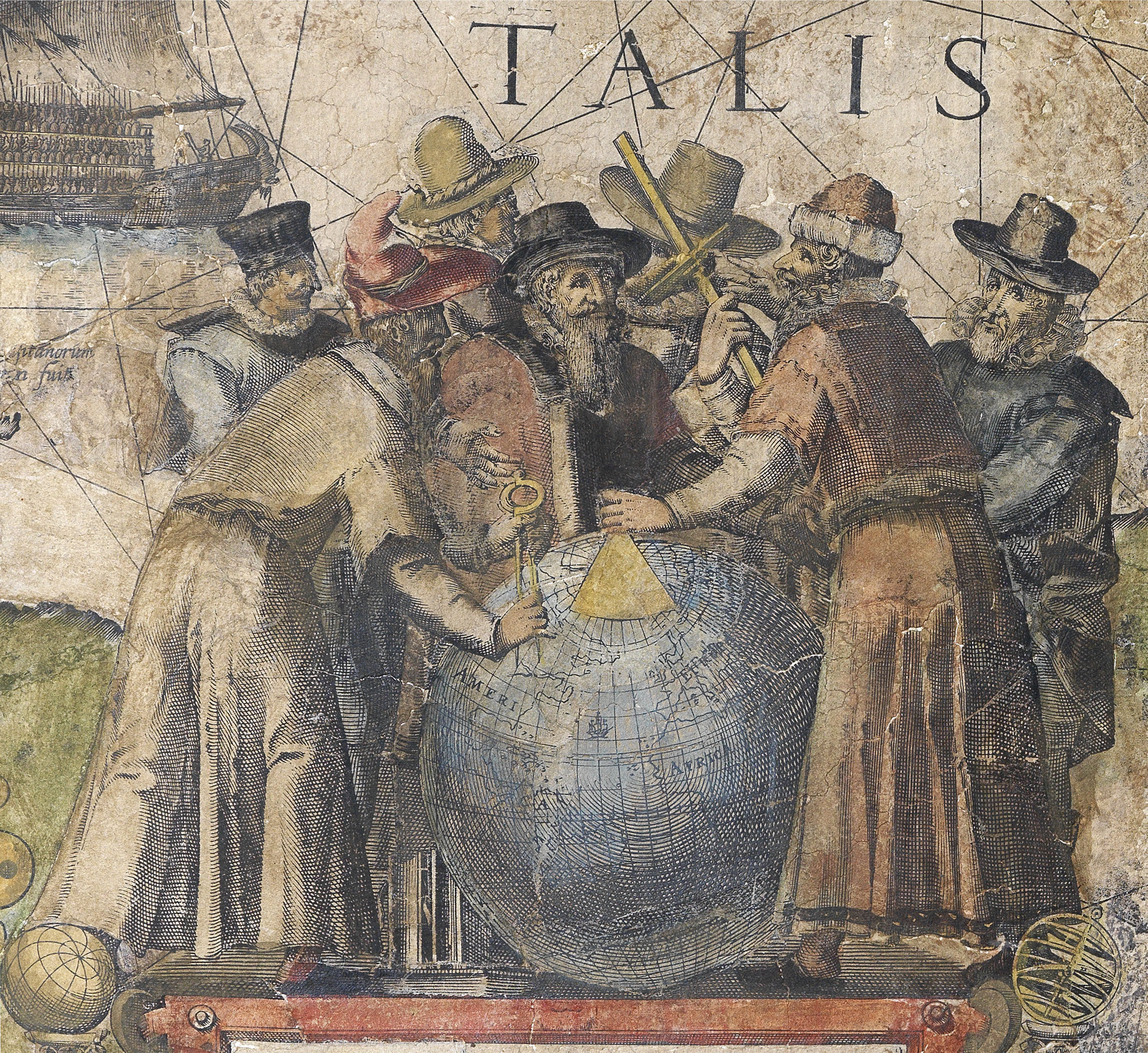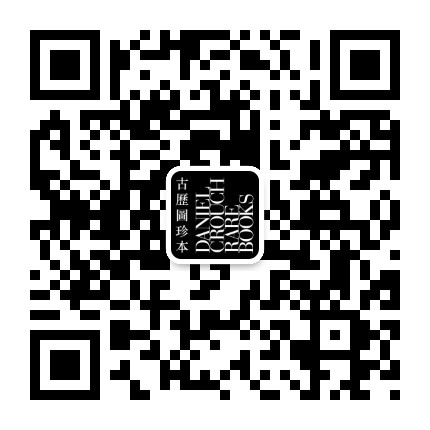Louis-Antoine Comte de Bougainville
(1729 - 1811)

Son of Pierre-Yves de Bougainville, Etienne Taillermite described Louis-Antoine as: “a brilliant mathematician, clear-headed warrior, successful navigator, and skilful diplomat, [with] a mind open to all the sciences and a clear, precise style of writing. He showed himself an excellent observer of the diversity of people he encountered during his various missions and can with reason be considered a founder of modern ethnography. Shaped by an advanced culture, he was one of those who, giving at times an appearance of superficiality, combined elegance with dept”.
The young Louis-Antoine, showed a particular aptitude for mathematics. In 1754 and 1756 he published a Traité de calcul integral, which won for him the patronage of the Comte d’Argenson, minister of War and member of the Académie des Sciences.
Bougainville enlisted in the French army in 1750, as a Mousquetaire Noir, and quickly rose through the ranks. From 1756 he served as aide-de-camp to the Marquis de Montcalm in Canada, and he acted for the French at their surrender to the British at Montreal in 1760. In an attempt to make up for the loss of the French colony, Bougainville attempted to colonize the Ilse Malouines – Islas Malvinas – Falkland Islands – off the coast of Argentina, in 1762-1764, seeing their strategic advantage in commanding the route to the Pacific around South America. The court of Madrid naturally took umbrage at this incursion into what it considered its own preserve, and the islands had to be ceded back to Spain.
Shortly afterwards, Bougainville, set forth on a voyage of scientific discovery around the world. Between 1766 and 1769, and twenty-eight months at sea, he achieved the first voyage around the world by an officer of the French navy, to which he was admitted in 1770. The account of this voyage, published in 1771, met with great success and was immediately translated into English.
In 1778, Bougainville was part of the squadron led by Vice-Admiral the Comte d’Estaing that sailed the West Indies. He took part in the capture of Grenada in July of 1779 and in the unsuccessful attack on Savannah, Georgia, in October. Promoted rear-admiral in December, he distinguished himself in September 1781 at the battle of Chesapeake Bay, which led to the surrender of Yorktown, and ultimately the independence of the United States.
During the Reign of Terror, Bougainville was arrested and imprisoned in Coutances, but between his release in 1795 and death in 1811, he was laden with honours, and successively appointed as member of the commission to prepare the expedition to Egypt in July 1798; senator in December 1799; member of the Bureau des Longitudes, associate in the organization of Nicolas Baudin’s expedition to Australia in 1799; count of the Empire in 1808; and president of the court martial held in connection with the battle of Trafalgar.
 Rare Maps
Rare Maps  Rare Atlases
Rare Atlases  Rare Books
Rare Books  Rare Prints
Rare Prints  Globes and Planetaria
Globes and Planetaria 






